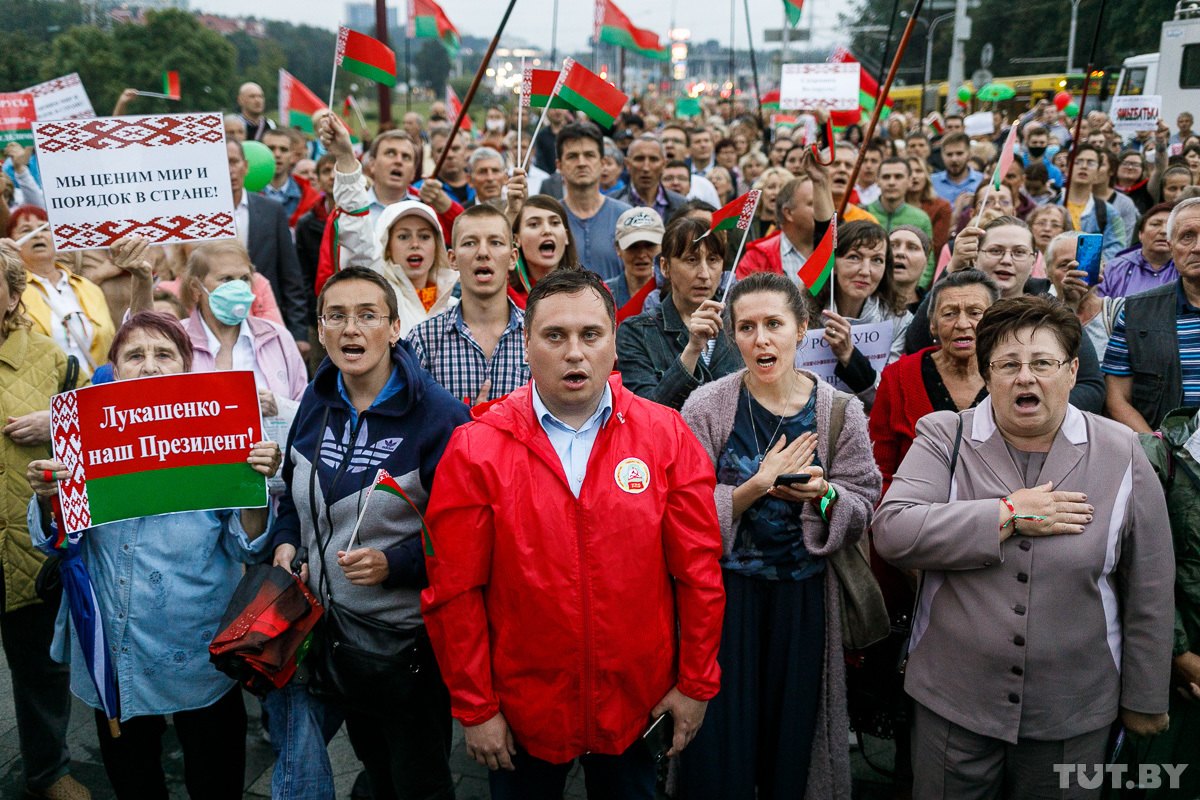The regime buys the loyalty of the state apparatus as the momentum for reform decreases
 The situation got worse
The situation got worse

The ruling elites are directing budget resources to consolidate the loyalty of the state apparatus and the security forces at the expense of other state employees and pensioners. The government remains optimistic about the economy, sapping motivation for transformation in the economy and politics.
The mass liquidation of civil society organizations, emigration of activists, purging of independent media, and consequent decline in visible manifestations of protest is allowing the attention of the security forces to gradually switch to the public sector and private business.
Amid depressed consumer sentiment, the security forces are actively involved in the regulation of the retail business and market rigging. The State Control Committee has plans to impose further price controls on the retail sector and plans additional inspections.
Official trade unions are lobbying for the effects of inflation and food shortages to be amortized against retail chains. The government is advised to compel retailers to build or purchase additional vegetable stores.
The regime intend to strengthen regulation of drug prices, shifting the liability for losses to private businesses and shoring up support amongst pensioners.
In Pinsk and Zhlobin agents of GUBOPiK detained the heads of meat processing plants amid accusations of bribery.
The government’s economic optimism is based on 3% GDP growth, macroeconomic stability, and an impressive foreign trade surplus of approximately USD 2 billion. Ministers lack motivation for economic reforms and retain their conviction that traditional economic policies based on a large public sector remain correct. The National Bank maintains stability in the foreign exchange market, although gold and foreign exchange reserves decreased slightly in September, by 0.4%.
The ruling class consistently reduces social expenditure to fund increases for the state apparatus and security forces. The regime remains focused on a forceful resolution of the political crisis and returning to the status quo before the 2020 elections.
Average incomes are falling, leading to a reduction in savings and increasing personal debt. Belarusians are selling more hard currency than they buy as the state intensifies its efforts to shore up the budget at the expense of the population.
Despite the decline in incomes, the security forces are succeeding in suppressing manifestations of discontent. This significantly weakens the protest movement, although the underlying protest mood in society remains.
Any online criticism of the actions of the security forces is likely to lead to mass criminal prosecution and high fines. About 200 people were detained for comments on social networks about the Jakuboŭskaha Street tragedy in Minsk. Courts continue to impose severe sentences for such comments.
The resilience of the economy despite sanctions and the defeat of the protest movement by repression has reduced any appetite among the ruling elite for economic and political transformation, consolidation of the vertical and the siloviki.
Subscribe to our newsletter




Situation in Belarus
Constitutional referendum: main consequences


 Video
Video
How to count the political prisoners: are the new criteria needed?


 Video
Video
Paternalism In Decline, Belarusian Euroscepticism, And The Influence Of Russia


 Video
Video












